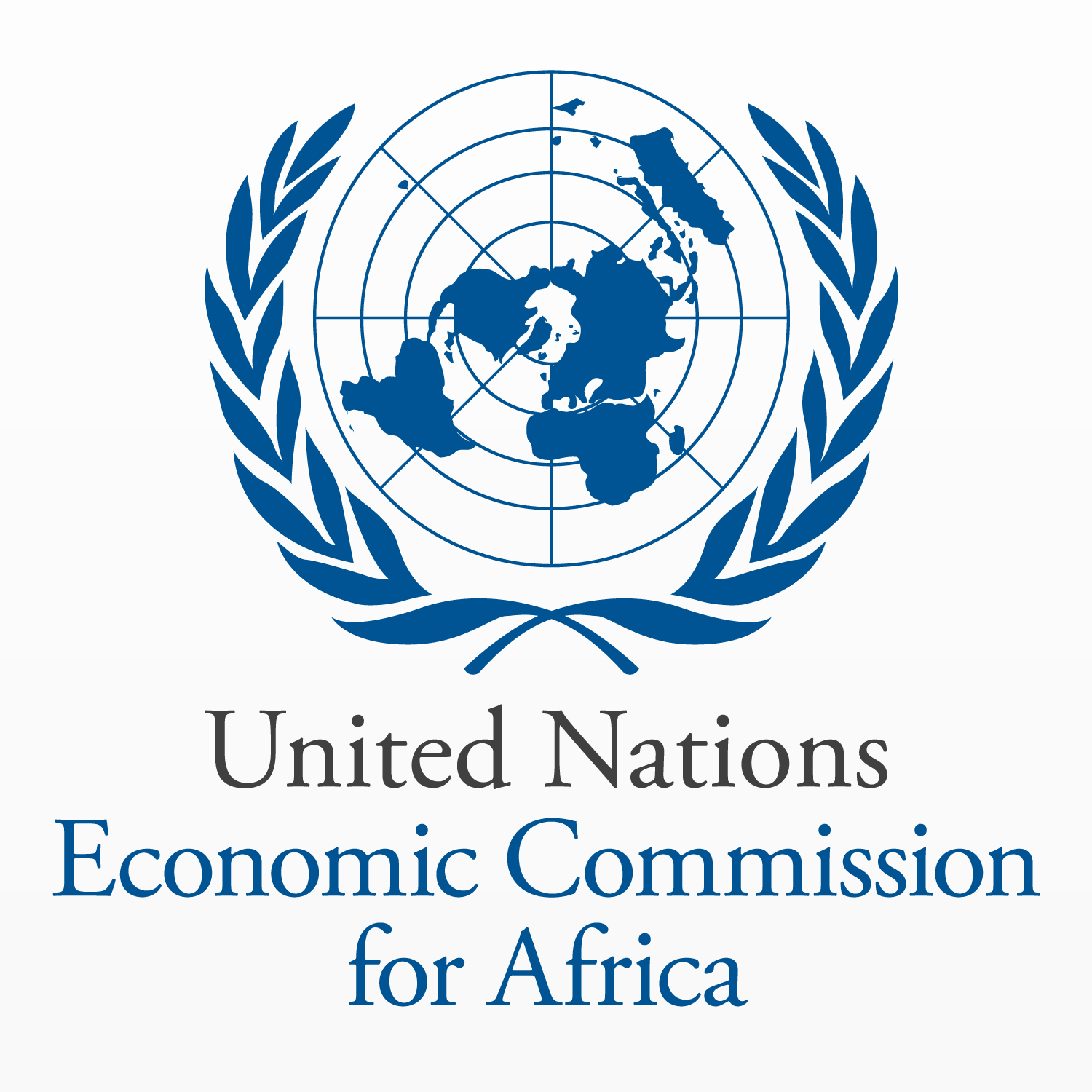ECA Proposes COVID-19 Exit Strategies for Africa - ENA English
ECA Proposes COVID-19 Exit Strategies for Africa

Addis Ababa, May 11/2020( ENA) The United Nations Economic Commission for Africa (UNECA) proposed COVID-19 exit strategies to bring African economies back on track.
UNECA has released a new report proposing COVID-19 exit strategies to African nations following the imposition of lockdowns that helped suppress the virus but with devastating economic consequences.
At least 42 African countries applied partial or full lockdowns in their quest to curtail the pandemic.
The UN ECA estimates that a one-month full lockdown across Africa would cost the continent about 2.5 percent of its annual GDP, equivalent to about 65.7 billion USD per month.
In the new report titled; COVID-19: Lockdown exit strategies for Africa, the UNECA proposes seven exit strategies that provide sustainable, albeit reduced, economic activity.
The report sets out some of the exit strategies being proposed and tried around the world and outlines the risks involved for African countries.
With the lockdowns came serious challenges for Africa’s economies, including a drop in demand for products and services, lack of operational cash flow and reduction of opportunities to meet new customers, UNECA noted.
The seven lockdown exit strategies being proposed by the think-tank are identified from proposals and trials around the world.
These are improving testing, lockdown until preventive or curative medicines are developed, contact tracing and mass testing, immunity permits, gradual segmented reopening, adaptive triggering and mitigation.
In most cases, countries are applying a combination of several strategies such as testing, contact tracing and gradual segmented reopening.
African health-care capacity is limited meaning capacity would quickly be exceeded, potentially resulting in fatalities.
Firms surveyed by the UNECA reported to be operating at only 43 percent, 70 percent of slum dwellers report that they are missing meals or eating less as a result of COVID-19.
Gradual segmented reopening may be needed in countries where containment has failed with further measures to suppress the spread of the disease being required where the virus is still spreading, the report noted.
The spread of the virus is still accelerating in many African countries on average at 30 percent every week.
Active learning and data collection can help policymakers ascertain risks across the breadth of policy unknowns as they consider recommendations to ease lockdowns and move towards a “new normal”.
The report urges African nations to take advantage of being behind the curve.